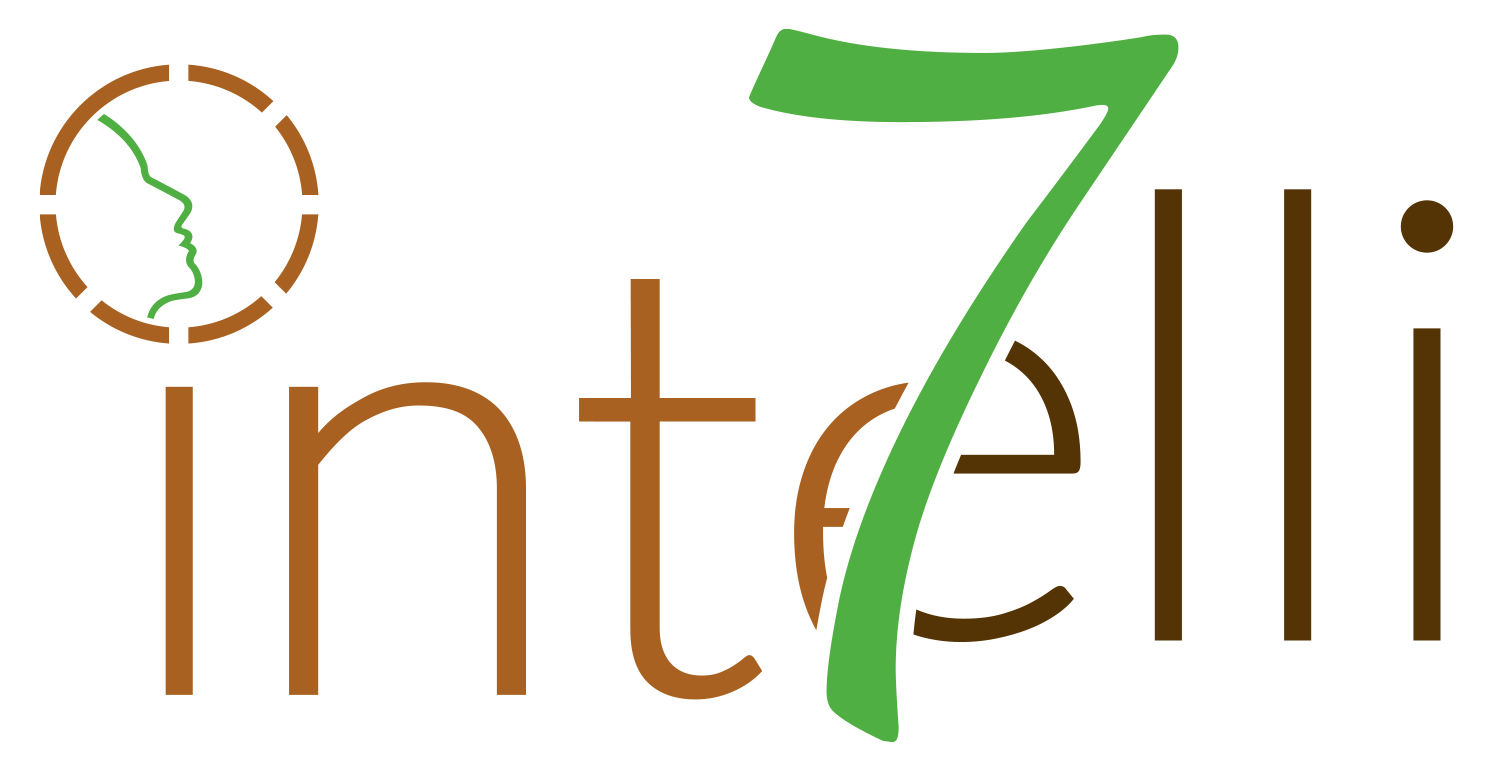
Professional coach - Psychopratician - Trainer/consultant - Independent researcher
I have been using Intelli7 since 2015 as a professional coach serving professionals and individuals for issues of orientation, transition, installation, resolution of different types of problems, relational, or professional evolution.
The first benefit of intelli7 was to provide extremely precise objective elements that not only respected people's singularity but gave them the keys to understanding their own subjectivity. The effect of combining the subjective and the objective is always powerful and a source of promising deployment.
This was precisely the reason that led me to choose this tool from all those available on the market: respect for human complexity and singularity. After more than 5 years of use, I can say that this tool has lived up to all its promises and even exceeded my expectations. Indeed, I've been able to diversify my offering thanks to the tool's versatility.
The customers who have benefited from intelli7 have regularly confirmed its relevance in answering the questions they had. Indeed, many were struck by the value and power of the information that the balance sheet was able to bring to light very quickly.
I have the pleasure of recommending it without reservation to anyone who appreciates and values human beings in all their complexity and richness.
 My references:
My references:
ICF, Emotional Intelligence Academy, Marshall Goldsmith Stakeholder centered coaching, Coaching with compassion, Dialogue Education Practitioner.











